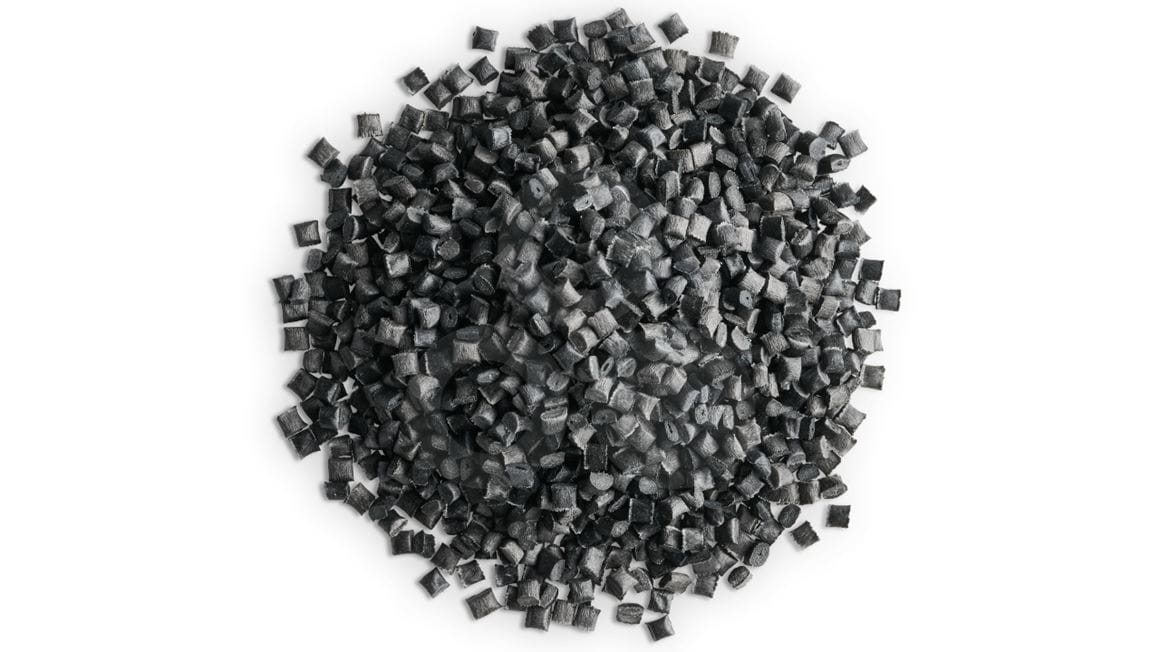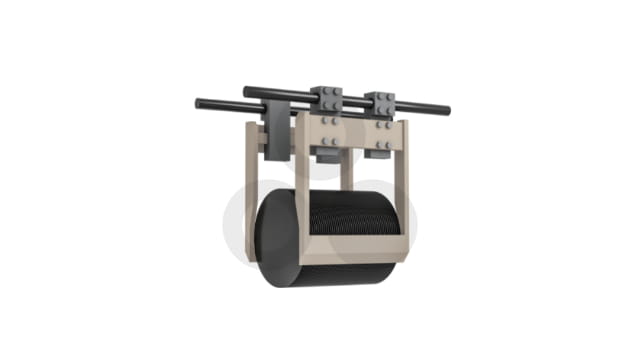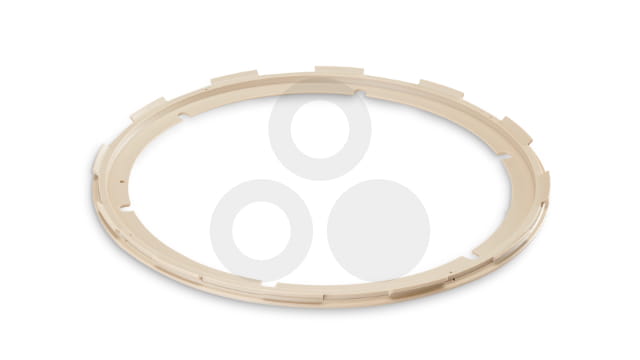

Plastic profiles are already used in many applications in the semiconductor industry. And the market is growing: profiles made of plastic can score points thanks to advantageous mechanical, thermal and electrically insulating properties combined with low weight. At our headquarters in Nufringen, we manufacture high-precision plastic profiles to customer specifications and can take your requirements for geometry, dimensions and material into account individually. In addition to custom-fit extruded profiles, we also offer high-strength continuous fibre reinforced profiles, which we manufacture in-house using thermoplastic pultrusion.
We will be happy to provide you with comprehensive advice!
Many of the components in semiconductor and electronics manufacturing and testing equipment require thermally resistant materials. Components in elevated temperature environments must maintain high mechanical properties and dimensional stability, while keeping outgassing, leaching, and particle generation to a minimum level. Ensinger's high temperature resistant plastics can be used at service temperatures of up to 400 °C depending on the operating conditions. High performance plastics are increasingly replacing ceramics and quartz in high temperature applications due to lower risks of breakage, easier machinability, and better cost performance. Please contact us for material selection advice and further information about solutions for improving part lifetime and costs in semiconductor and electronics manufacturing tools and testing equipment.
|
|
Long-term heat resistance |
Short-term heat resistance |
| PI | 300 °C | 400 °C |
| PEEK | 260 °C | 300 °C |
| PTFE | 260 °C | 260 °C |
| PPS | 230 °C | 260 °C |
| PEI | 170 °C | 200 °C |
| PVDF | 150 °C | 150°C |
[mg/kg] |
TECASINT |
TECAPEEK |
TECATRON |
TECADUR |
|||
| 2011 | 4011 | 4111 | CMP | SX | CMP | PET CMP | |
| Aluminum (AI) | 1 | < 1 | < 1 | < 1 | < 1 | < 1 | < 1 |
| Calcium (Ca) | 1 | < 1 | < 1 | < 10 | < 10 | < 4 | n.t. |
| Copper (Cu) | < 0.1 | < 0.1 | < 0.1 | < 1 | < 1 | < 1 | n.t. |
| Iron (Fe) | 0.43 | 0.24 | 0.21 | < 4 | < 3 | < 2 | < 1 |
| Magnesium (Mg) | < 2 | < 2 | < 2 | < 6 | < 1 | < 1 | < 1 |
| Sodium (Na) | < 3 | < 3 | < 3 | n.t. | n.t. | n.t. | n.t. |
| Potassium (K) | n.t. | n.t. | n.t. | < 1 | < 1 | < 1 | < 1 |
| Zinc (Zn) | < 0.3 | < 0.3 | < 0.3 | < 1 | < 1 | < 1 | n.t. |
Test in accordance with ICP-MS, concentration levels stated in ppm; (n.t.= not tested)

Chemical |
Formula |
Concn [%] |
PI |
PEI |
PEEK |
PPS |
PVDF |
PTFE |
PET |
POM-C |
| Deionized water | H2O | - | + | + | + | + | + | + | + | + |
| Hydrofluoric | HF | 50 | - | - | + | + | (+) | - | - | |
| Sulfuric acid | H2SO4 | 95-97 | - | - | - | + | + | (+) | - | - |
| Hydrogen peroxide | H2O2 | 30 | - | (+) | + | + | + | + | + | (+) |
| 2-propanol (isopropanol, IPA) | CH3CHOHCH3 | 100 | + | + | + | + | + | + | + | + |
| Acetone | CH3COCH3 | 100 | + | (+) | + | + | - | + | (+) | + |
| Ethanol | (CH3)OCH3 | 95 | + | + | + | + | + | + | + | + |
| Hydrochloric acid | HCI | 37 | - | + | + | + | + | + | - | - |
| Ammonia solution | NH3 | 25 | - | (+) | + | + | + | + | ||
| Orthophosphoric acid | H3PO4 | 85 | - | + | + | + | + | - | - | |
| Nitric acid | HNO3 | 69 | (+) | + | + | - | - | |||
| Acetic acid | CH3COOH | 100 | (+) | - | (+) | + | + | - | - |
Comment: + = good, (+) = limited; - = unstable



 Tested on our shapes products
Tested on our shapes products

